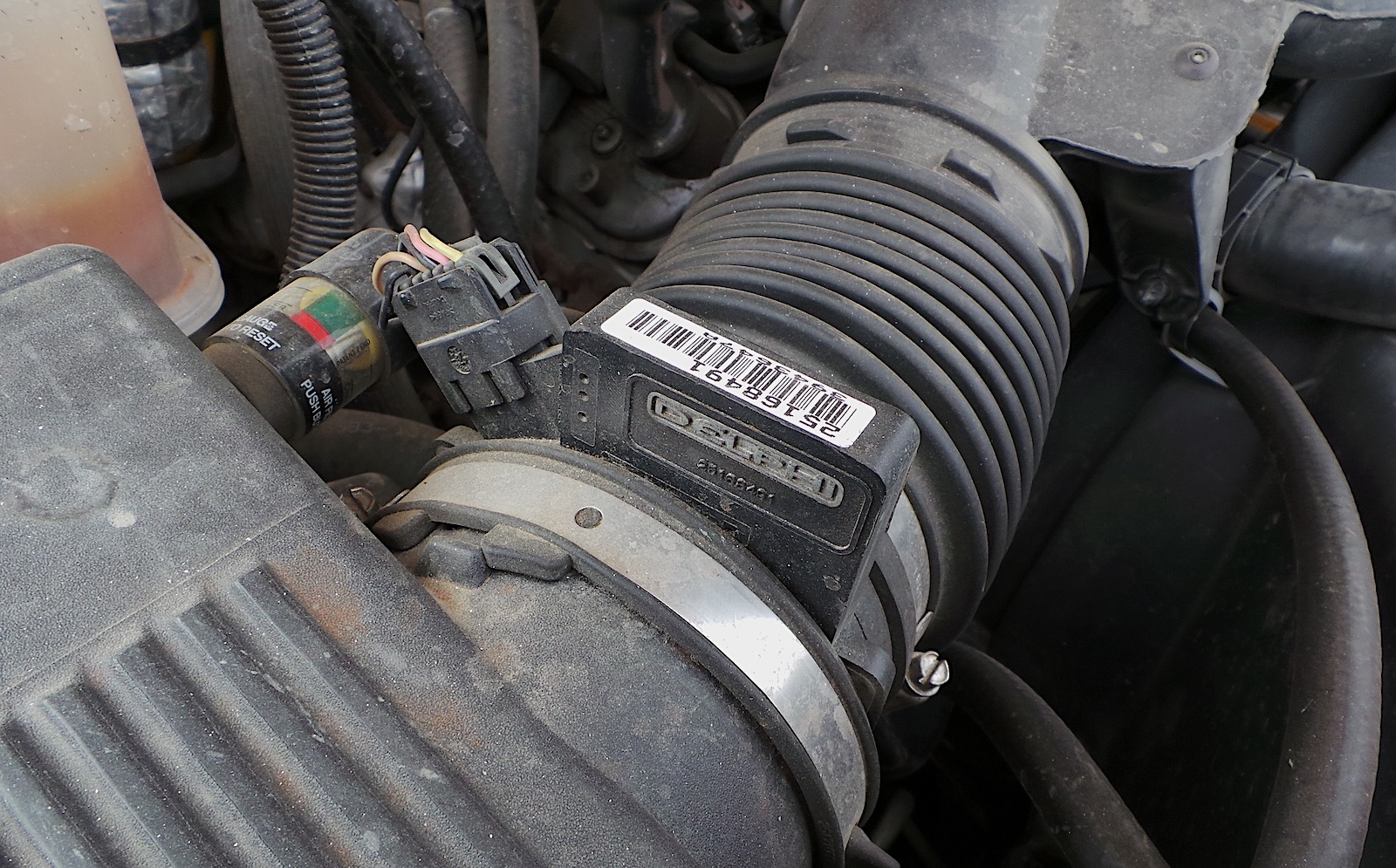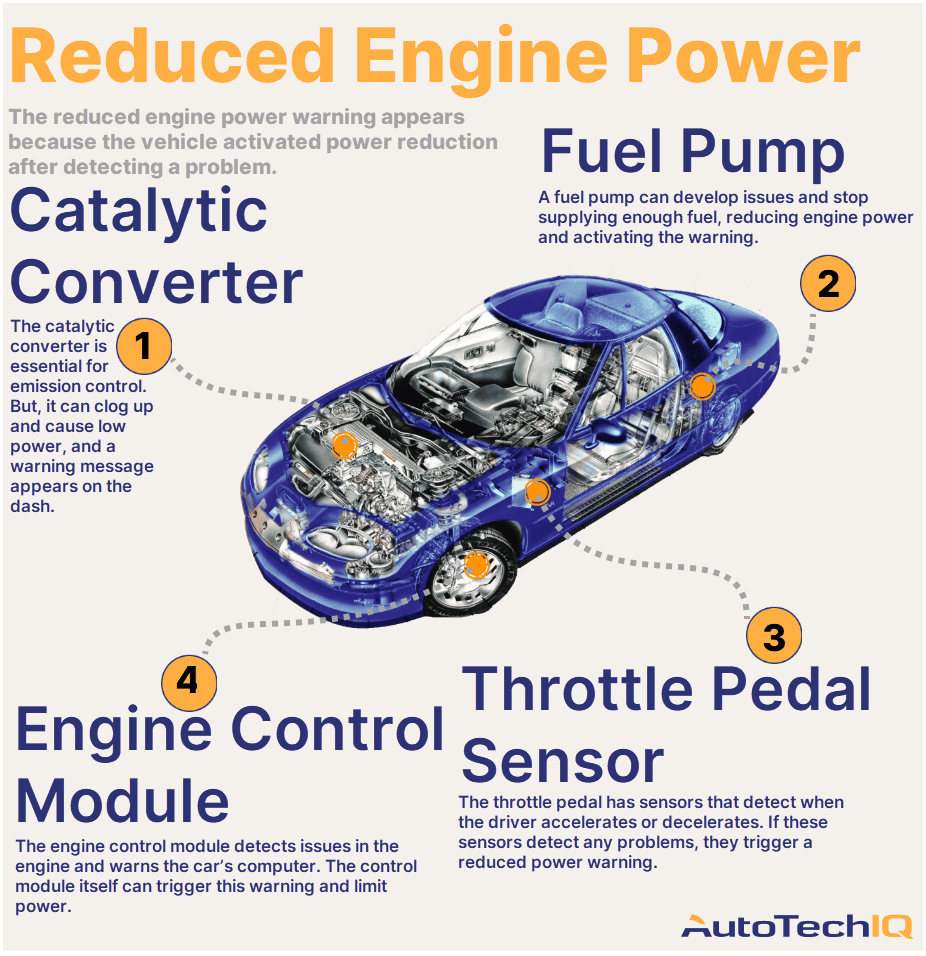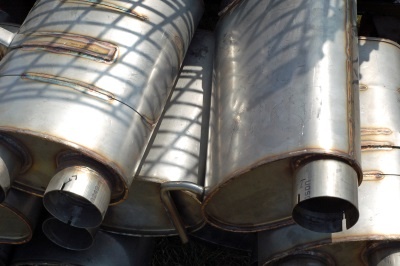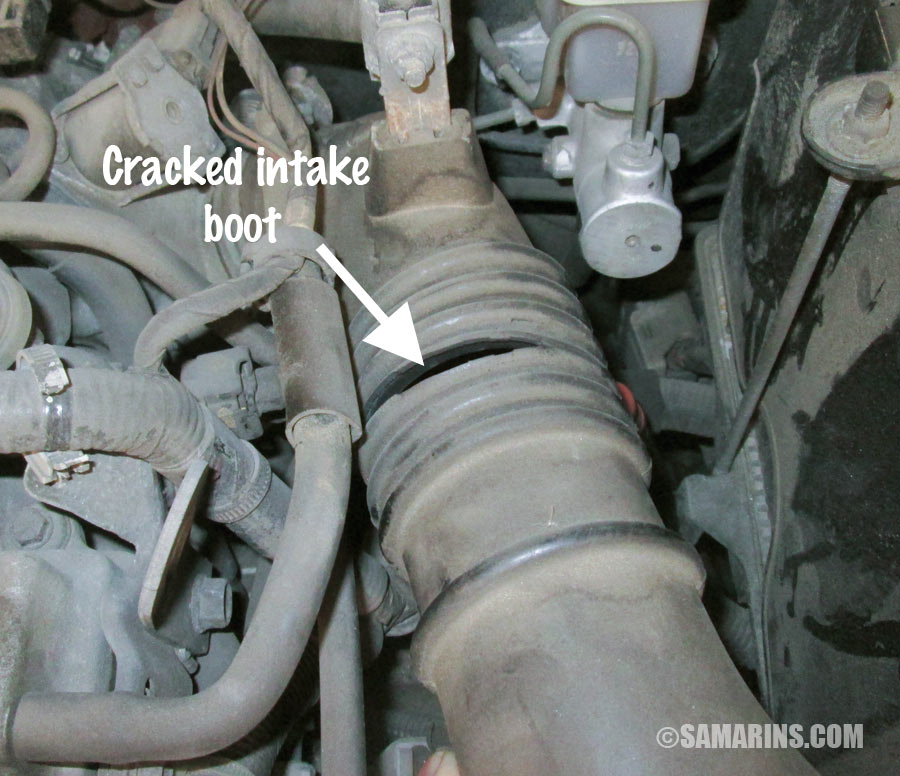Can a Bad Oil Pressure Sensor Cause Reduced Engine Power
Yes, a bad oil pressure sensor can trigger a reduced engine power or limp mode in a vehicle. The engine computer sets off a warning when detecting abnormal sensor readings.
The oil pressure sensor plays a critical role in monitoring the health and performance of your car’s engine. It ensures that you receive timely warnings if the oil pressure falls below a safe level. A failure in this sensor may prompt the engine’s computer system to limit power output to protect the engine from damage due to inadequate lubrication.
Understanding the connection between oil pressure and engine performance is essential for maintaining your vehicle’s reliability and longevity. Keeping an eye on the symptoms of a failing oil pressure sensor can save you from expensive repairs and ensure a smooth driving experience.
The Role Of Oil Pressure Sensor In Engine Performance
Engine performance links directly to its lifeblood – oil. The oil pressure sensor acts as the guardian of engine health. It alerts the vehicle’s computer of oil pressure problems. Understanding how this sensor affects your engine power is crucial for smooth driving.
Importance Of Oil Pressure In Engine Health
- Keeps engine component lubricated
- Reduces friction and prevents wear
- Helps dissipate heat from the engine
- Maintains consistent engine performance
Low oil pressure can lead to severe engine damage. It hampers the engine’s ability to work efficiently. Essential parts might fail if the pressure drops. This leads to possible engine failure.
Functions Of An Oil Pressure Sensor
The oil pressure sensor serves several key functions:
- Monitors oil pressure in real-time
- Sends data to the engine control unit (ECU)
- Triggers a warning if oil pressure is too low
When the sensor detects low oil pressure, it triggers a warning light on the dashboard. This tells the driver to take action. A bad sensor might report the wrong pressure. The result can be reduced engine power or even a shutdown.
Regular checks ensure the sensor functions properly. This keeps the engine running smoothly. A failing sensor can cause misreadings. It might limit engine power to prevent damage. Immediate attention to sensor issues is necessary.
Symptoms Of A Faulty Oil Pressure Sensor
Symptoms of a Faulty Oil Pressure Sensor can alert drivers to underlying engine problems. These indicators range from erratic readings to warning signals on your dashboard. Spotting these early can prevent more extensive damage to your engine.
Inaccurate Oil Pressure Readings
A functioning oil pressure sensor ensures accurate monitoring of your engine’s oil pressure. Faulty sensors can feed incorrect data to the vehicle’s computer system. This leads to misreadings that either overstate or understate actual oil pressures. Look out for oil pressure readings that fluctuate widely or deviate from typical patterns
Illuminated Warning Lights And Alarms
Warning lights on your dashboard, like the oil pressure light or check engine alert, often signal sensor issues. Diminished engine power could follow these warnings. Act promptly if these alerts appear.
- Unusual engine noises: Knocking or ticking can occur.
- Engine overheating: The gauge may show higher temperatures.
- Reduced performance: Acceleration may feel sluggish or hesitant.
Link Between Oil Pressure Sensor Issues And Engine Power
Understand the link between oil pressure sensor issues and engine power:
Beyond just monitoring oil pressure, the sensor can affect engine performance. An oil pressure sensor ensures proper lubrication in the engine. Faulty readings from a failing sensor may trigger a series of reactions. These reactions can go as far as reducing the vehicle’s power to protect the engine from damage.
Sensor Malfunctions Leading to Power Reduction
Sensor Malfunctions Leading To Power Reduction
A bad oil pressure sensor may provide inaccurate data to the car’s computer. In response, the car’s system may alter engine behavior to prevent potential damage. Incorrect data can result in:
- Delayed engine response: Engine power might drop to avert harm.
- Faulty warning lights: Sensors can trigger false alarms or no warning at all.
- Unnecessary power reduction: The engine might reduce its power, even if not required.
Safety Mechanisms and Engine Limp Mode
Safety Mechanisms And Engine Limp Mode
Modern cars are equipped with safety features to protect engines from oil-related damages. One critical safety measure is the ‘Engine Limp Mode’. When a sensor fails:
- The vehicle’s computer might initiate limp mode.
- This mode enables you to drive to a mechanic with limited engine power.
- It prevents further damage by running the engine in a safe, minimal power state.

Credit: www.autotechiq.com
Diagnosing Reduced Engine Power Due To Bad Oil Sensor
Is your car’s engine power on the decline? It might be the oil pressure sensor. This small device can cause big problems, including reduced engine power. Let’s dive into diagnosing this issue.
Professional Diagnostic Tools And Techniques
Auto technicians use sophisticated tools to diagnose engine issues. These tools read your car’s computer. They tell us what’s wrong. Let’s explore these tools:
- OBD-II Scanner: This tool connects to your car’s computer system. It reads diagnostic trouble codes (DTCs).
- Oil Pressure Gauge: This checks the oil pressure manually. It helps confirm the sensor’s accuracy.
- Multi-meter: A device to test the sensor’s electrical resistance.
Home Diagnostic Steps For Car Enthusiasts
You can perform simple checks at home. Be sure to have your car’s manual handy. Follow these steps:
- Check Engine Light: See if it’s on. It suggests sensor issues.
- Oil Level: Use your dipstick to check oil level. Low oil can cause false sensor readings.
- Wiring Check: Examine wires connected to the sensor. Look for damage or loose connections.
- Replace Sensor: If you’re handy, replace the sensor. See if it solves the power issue.
Note: Working on cars can be tricky. If you’re unsure, seek professional help.
Fixing The Problem: Steps To Regain Engine Power
Under the hood, your car’s engine relies on numerous sensors and components. One critical sensor is the oil pressure sensor, which monitors the oil pressure in your engine. When it fails, it can lead to reduced engine power. Fear not, as fixing the problem and regaining your engine’s power is possible with a few steps. Let’s explore those steps now.
Replacing A Faulty Oil Pressure Sensor
Identifying a bad oil pressure sensor is the first step. Symptoms include the check engine light on, oil pressure light on, or odd engine noises. If you’ve spotted these signs, replacing the sensor is a must. Follow this simple guide:
- Locate the oil pressure sensor. Find it on your engine block or cylinder head.
- Disconnect your car battery. Safety first, always.
- Remove the faulty sensor. This may need a special socket.
- Install the new sensor. Screw it in place carefully.
- Reconnect the battery. Start your engine, and check if the lights are off and noises gone.
Possible Additional Repairs And Maintenance
After replacing the sensor, other repairs or maintenance tasks might be necessary. Check out these steps:
- Change your oil. Dirty oil can harm the new sensor.
- Inspect for leaks. Oil leaks can damage engine parts.
- Check the oil pump. A failing pump can cause low pressure.
- Review the engine’s overall health. Look at belts, hoses, and other parts.
Remember, a healthy engine is a powerful one. Don’t skip regular maintenance to ensure it stays that way!
Preventive Measures To Avoid Future Issues
Ensuring your vehicle runs smoothly requires attention to its needs. The oil pressure sensor plays a key role in monitoring engine health. To avoid reduced engine power, follow these key steps.
Regular Maintenance Schedules
Stick to a routine. Set periodic check-ups for your car. Consult the manual for guidance. Here’s what a maintenance schedule can include:
- Oil changes: Refresh the oil. Keep the engine clean.
- Filter replacements: Replace oil and air filters. Boost performance.
- Diagnostic scans: Uncover hidden issues early.
Quality Sensors And Proper Installation
Invest in quality. Select high-standard sensors. Avoid cheap knock-offs. They could fail and mislead your vehicle’s diagnostics, leading to reduced engine power. Proper installation is just as crucial as the component quality. Follow these steps:
- Choose trusted brands: Pick sensors from reputable manufacturers.
- Seek professional help: Have an expert install the sensor.
- Test for accuracy: Ensure the new sensor reads correctly post-installation.

Credit: www.ebay.com
Frequently Asked Questions Of Can A Bad Oil Pressure Sensor Cause Reduced Engine Power
Can A Faulty Oil Pressure Sensor Trigger Limp Mode?
A defective oil pressure sensor can indeed cause a vehicle to enter limp mode. This safety feature reduces power to prevent engine damage due to incorrect oil pressure readings.
How Does Oil Pressure Sensor Affect Engine Performance?
An oil pressure sensor monitors engine oil pressure. If it fails, it can give inaccurate data, leading to improper engine performance and potentially triggering warning lights or reduced power to protect the engine.
What Are Symptoms Of A Bad Oil Pressure Sensor?
Symptoms include the oil pressure warning light turning on, inaccurate gauge readings, and engine performance issues. In some cases, it may also cause the engine to enter a fail-safe or limp mode.
Does Oil Pressure Sensor Impact Fuel Economy?
Yes, a malfunctioning oil pressure sensor can lead to inaccurate fuel delivery, resulting in reduced fuel efficiency. It’s essential to address sensor issues promptly to maintain optimal fuel economy.
Conclusion
Understanding the role of a good oil pressure sensor is critical for engine longevity and performance. A malfunctioning sensor can indeed signal misleading pressure readings, leading to reduced engine power or worse. Stay attentive to your vehicle’s warning signs, and don’t hesitate to consult with a professional for an accurate diagnosis and timely repair.
Keeping your sensor in check helps ensure your engine runs optimally.






